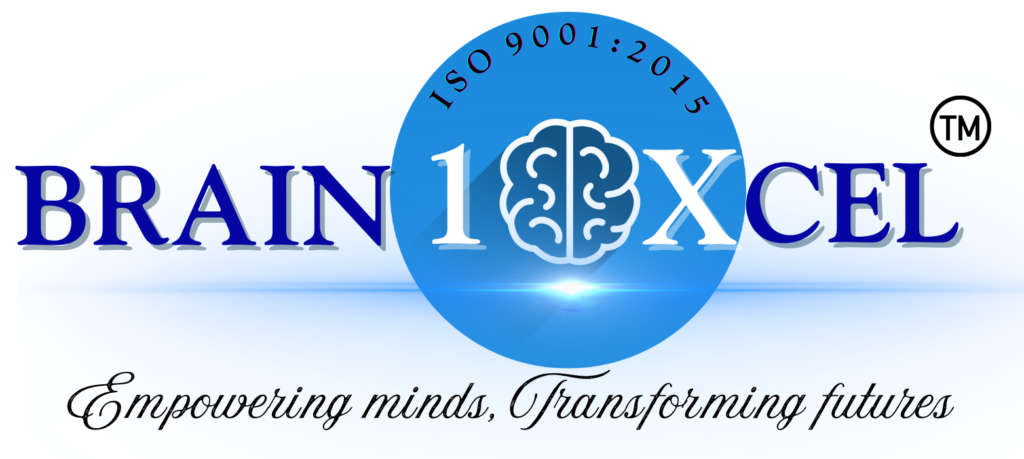How it works
Neuro-Linguistic Programming (NLP) empowers individuals by helping them understand the unique patterns that shape their thoughts, emotions, and actions. By applying NLP techniques, clients can shift their mental framework, effectively “reprogramming” their responses to experiences. This enables them to manage emotions, overcome limiting beliefs, and recreate past successes in other areas of life.
In an NLP session, therapists build rapport with clients, using mirroring techniques to establish trust and empathy. They actively listen to understand personal goals and identify areas of improvement. Throughout the process, language patterns and mental scripts are gently reframed to support positive thinking and constructive communication.
Each session is personalized, concluding with a practical plan for clients to apply new behaviors, whether for short-term goals or ongoing self-development. NLP therapy can be tailored to suit both immediate challenges and long-term transformations, making it adaptable to each individual’s journey.
This detailed yet adaptable approach highlights how NLP therapy is tailored to each client’s unique needs, facilitating both immediate insights and lasting personal growth:
- Anxiety and Stress: NLP addresses anxiety by reshaping the internal dialogue and reactions that amplify stress. Techniques like “anchoring” allow individuals to connect calm states to specific cues, creating a mental trigger for relaxation even in high-stress environments. Techniques that focus on reframing negative thoughts can alter the body’s physical stress responses, reducing the cycle of anxiety over time.
- Business Mentoring: NLP encourages the mastery of effective communication, persuasion, and goal-setting strategies that empower individuals in leadership roles. For example, “modeling” successful behaviors of other leaders and using language patterns to inspire team members can enhance an individual’s ability to influence, motivate, and negotiate in business.
- Confidence: NLP targets self-doubt and internalized limiting beliefs, transforming them into empowering narratives. Visualization techniques help individuals picture successful outcomes, reinforcing confidence in social and professional settings. “Swish” patterns—replacing images of fear or self-doubt with images of confidence—can retrain the mind to default to positive self-perceptions.
- Conflict Resolution: NLP fosters empathy by training individuals to understand others’ mental maps—how they interpret and respond to the world. Techniques like “reframing” help people view conflicts from different perspectives, fostering collaborative solutions and minimizing emotional reactivity.
- Education: Educators can use NLP to match teaching methods to students’ preferred learning styles, improving retention and engagement. By recognizing whether a student learns best through visual, auditory, or kinesthetic cues, teachers can tailor their approach, reducing performance anxiety and helping students reach their full potential.
- Fears and Phobias: NLP uses techniques like “desensitization” and “dissociation” to weaken fear responses. By visualizing their fears from a detached perspective or associating relaxation with formerly distressing stimuli, individuals can gradually reduce their phobic reactions.
- Health and Well-being: NLP promotes mental health by encouraging positive thinking and behavior changes. Techniques like “belief change” allow individuals to replace limiting beliefs about health with constructive ones, fostering a mindset conducive to physical and mental wellness.
- Healthcare Professionals: NLP techniques help doctors and nurses communicate with empathy, improving patient trust and cooperation. By employing “rapport-building” and “mirroring” techniques, healthcare providers can understand patients’ emotional needs and tailor their responses for better care.
- Workplace: NLP is used to improve teamwork, leadership, and communication. Techniques that enhance listening skills, emotional intelligence, and conflict resolution are particularly beneficial in promoting a collaborative work culture and supporting personal growth.
- Parenting: NLP tools provide strategies for effective communication with children, allowing parents to address behavioral challenges with empathy. By recognizing the child’s emotional cues and adjusting language patterns, parents can foster trust and resilience in their kids.
- Personal Development: NLP encourages self-improvement by helping individuals set clear goals and manage emotional responses. Using visualization and goal-setting techniques, clients can cultivate positive habits and increase resilience in the face of challenges.
- Relationships: NLP enhances communication and emotional regulation within relationships, allowing individuals to handle conflicts with empathy and understanding. By learning to listen actively and respond without judgment, people can build stronger, healthier connections.
- Sport: NLP is widely used in sports psychology to enhance performance by fostering mental discipline, focus, and resilience. Techniques like visualization help athletes “see” themselves succeeding, while relaxation exercises help them manage performance anxiety and maintain peak focus.
These NLP-based techniques offer practical solutions tailored to specific challenges, making the approach versatile for various personal and professional growth needs. For more comprehensive details and research, consider consulting a full NLP resource.
